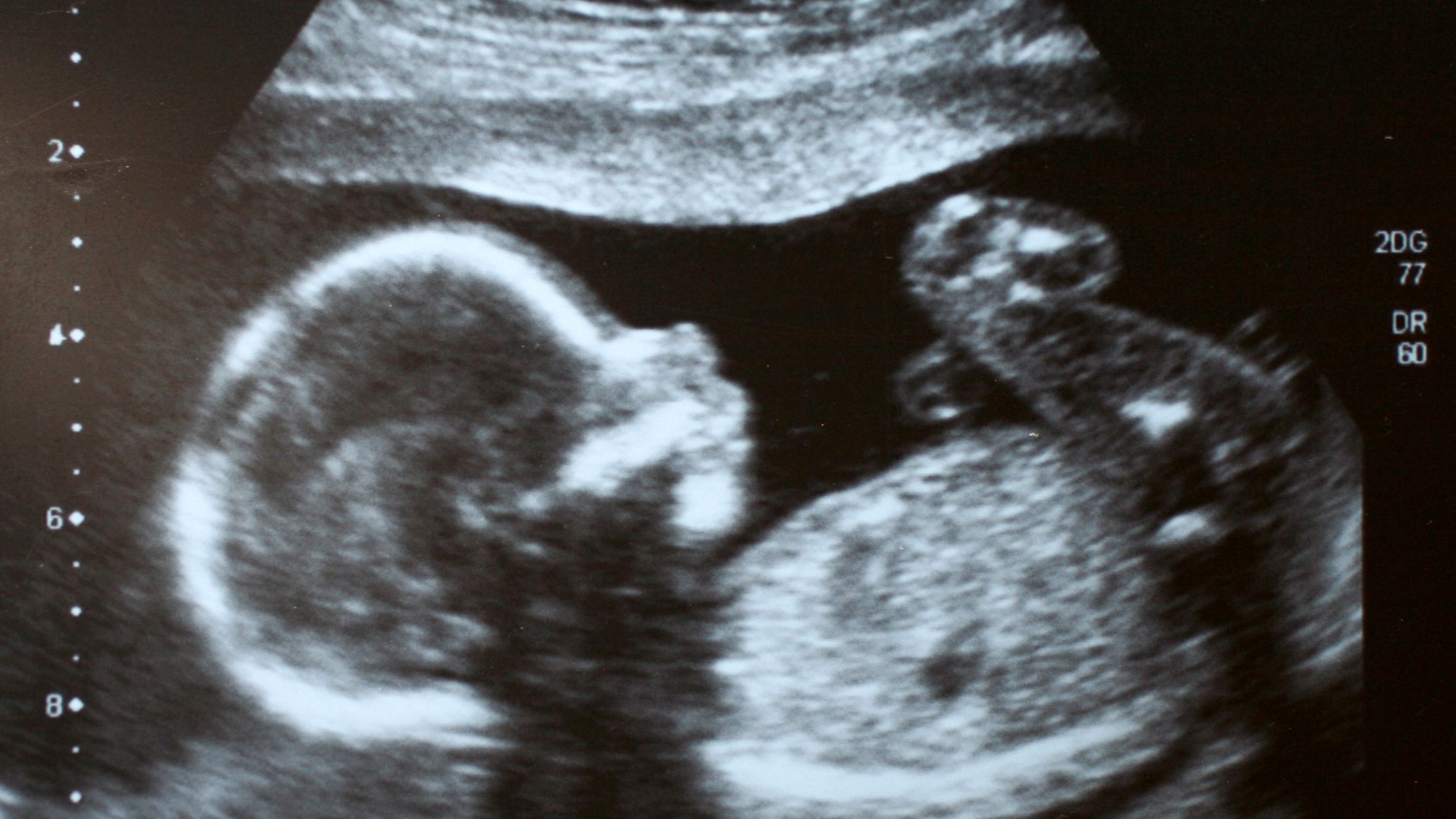Using magnetic resonance imaging, a group of researchers at Oregon Health & Science University examined the fetal brain development of rhesus macaques and found impairments as early as the third trimester caused by exposure to alcohol.
In the findings, publicized in the peer-reviewed journal Proceedings of National Academy of Sciences, researchers point to the damaging effects of excessive alcohol exposure, particularly during the early stages of pregnancy, even before pregnancy is recognized.
Fetal alcohol spectrum disorder (FASD), a highly prevalent outcome arising from binge-like consumption of alcohol before a pregnancy is recognized, should be diagnosed and treated at the earliest stages to inhibit long-term impacts.
In the new study, the research team used a nonhuman primate model of FASD, using magnetic resonance imaging techniques to analyze the fetal brain in utero. The brain development of 28 pregnant macaques were examined using imaging scans at three separate stages of pregnancy.
“This study utilized a nonhuman primate model of FASD, and is the first to exploit in utero MRI to detect the effects of early-pregnancy drinking on the fetal brain,” according to the study’s co-authors.
Based on their findings, researchers concluded the following: “Alterations in motor-related brain regions become detectable with in utero MRI at the beginning of the third-trimester equivalent in human pregnancy.”
They followed by concluding: “Follow-up electrophysiological measurements demonstrated that the MRI-identified brain abnormalities are associated with aberrant brain function.”
“These findings demonstrate the sensitivity of in utero MRI, and inform future clinical studies on the timing and brain region of greatest sensitivity to early ethanol exposure.”


